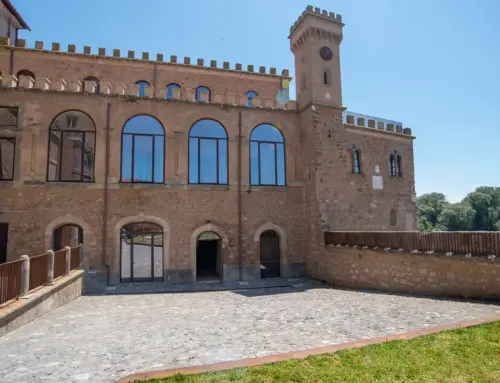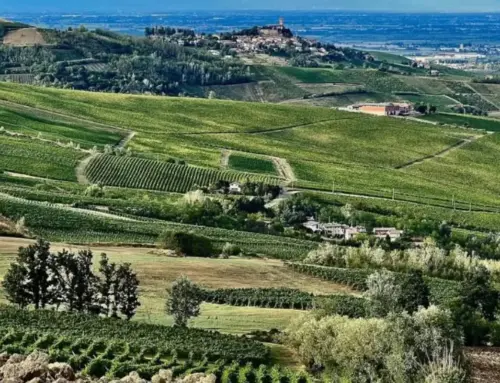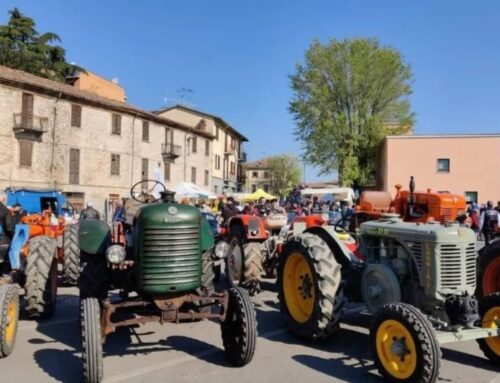It’s now a reality: the United States has imposed 20% customs tariffs on Italian agri-food products—a measure that came into effect on April 3 and is already having concrete repercussions on the national wine sector, a true flagship of Italian exports, as well as on the economy of the Oltrepò Pavese, which is strongly tied to wine production.
The announcement came on the evening of April 2 from the White House Rose Garden, where President Donald Trump—back at the center of the stage with a strongly protectionist economic policy—confirmed the measure amidst market tensions and concern among Italian producers.
Italian Wine in the Crosshairs: €2 Billion at Risk
The Italian agri-food sector exports approximately €7.8 billion worth of goods to the United States each year. Of this amount, more than €2 billion comes from wine alone, representing a quarter of the entire national wine export market, which currently totals €8.1 billion.
With the new tariffs, Italian wineries—especially small to medium-sized ones—now face a sudden increase in retail prices in the U.S., which threatens to drastically reduce the competitiveness of Italian wines compared to French, Spanish, and especially American wines.
Oltrepò Pavese: A Region Under Pressure
The Oltrepò Pavese, a region historically tied to wine production, is now exposed to this new commercial threat. Many local businesses, heavily export-oriented, see their ability to enter and consolidate their presence in the U.S. market compromised.
The estimated damage? Around €323 million per year (*), according to data from the Unione Italiana Vini, the leading trade association for the wine sector. A figure that could, in the absence of countermeasures, mean the exit of many Italian wine labels from the U.S. market.
Conclusion: A Call to the Region and the Supply Chain
For the Oltrepò Pavese, now is the time to unite. Local institutions, consortia, and companies must respond cohesively, focusing on quality, integrated promotion of the region, and enhancing the value of its winemaking identity. The economic impact will be significant, but the resilience of our sector can turn this crisis into an opportunity for structural and strategic revitalization.
(*) Source: Unione Italiana Vini





